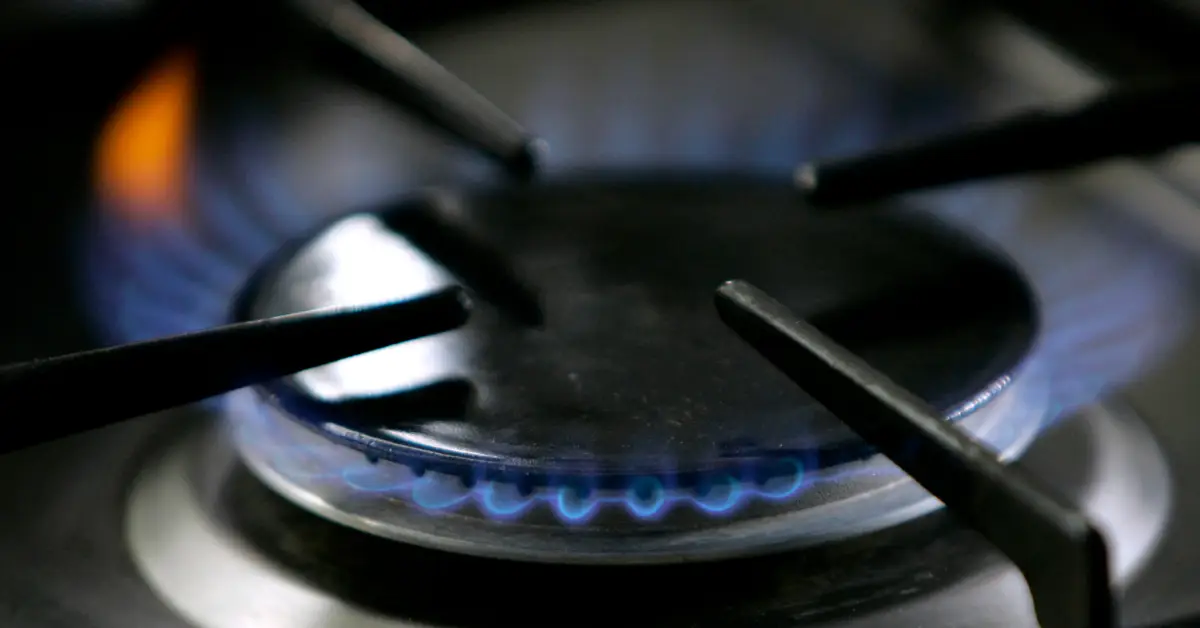A sensible person would assume that lessening strain on our energy infrastructure, lowering consumer utility bills, and preserving children’s health would be bipartisan topics. Yet, Congress is debating two proposals that would achieve just the opposite.
The so-called Save Our Gas Stoves Act and Gas Stove Protection and Freedom Act would prohibit federal agencies such as the Department of Energy (DOE) and Consumer Product Safety Commission from issuing any standards that would protect consumers’ health and safety from the dangers of gas stoves while also conserving energy and lowering utility bills.
One of the proposals was blocked by House Republicans during a vote on Tuesday for political reasons other than gas stoves, while the other is scheduled for a vote today.
The titles suggest that the measures’ sponsors and backers are more concerned with protecting fossil fuel-b*rning appliances than safeguarding customers. Republicans argue that these laws are required because federal health and safety requirements would effectively “ban” gas stoves. Their claimed premise, however, is just incorrect.
One of the measures on the House floor today would prevent the DOE from finalizing the energy efficiency standards for cooking appliances, as required by law.
These requirements would ensure that all new stoves on the market achieve minimal efficiency, requiring less energy to work as well as older models.

Approximately half of the gas stoves on the market already meet the required energy efficiency standards. DOE discovered that modest design improvements are sufficient to meet the criteria for those who do not.
DOE estimates that the proposed stove requirements would save US consumers up to $1.7 billion and prevent approximately 22 million metric tons of carbon dioxide emissions over a 30-year sales period based on a comprehensive study.
While no federal agency is aiming to remove anyone’s gas stove, the case for reducing or phasing out their usage in our homes and buildings is compelling.
Regarding indoor air pollution from stoves, studies present a bleak picture. In addition to the core constituent of methane, the gas consumed in those stoves contains 21 hazardous compounds, several of which have been related to cαncer. Cooking with gas also significantly raises asthma risks, particularly in children.
Look at the tweet posted by the Offical account of Sierra Club. You can also find more information about GOP efforts to protect gas stoves only burn consumers by reading the below tweet:-
GOP efforts to protect gas stoves only burn consumers, by @SierraClub‘s @Jesstritsch in @thehill https://t.co/6dRgteyxBP
— Sierra Club (@SierraClub) June 7, 2023
Evidence suggests that households with gas stoves have nitrogen dioxide, or NO2, concentrations between 50% and 400% greater than homes with electric stoves.
The Environmental Protection Agency has outlined a plethora of evidence associating NO2 with cardiovascular consequences, respiratory impairment, diabetes, bad birth outcomes, cαncer, and premature deαth, with children, asthmatics, and the elderly being particularly vulnerable.
In addition, gas stoves and other fossil-fuel-burning appliances, such as furnaces and water heaters, contribute significantly to outdoor air pollution.
However, unlike other sectors of the economy, there are no substantive federal regulations limiting emissions from residential and commercial buildings, even though these sectors now account for roughly 40% of total energy consumption and 14% of net greenhouse gas emissions, with 79 million U.S. buildings b*rning fossil fuels, according to our analysis of data from the U.S. Energy Information Administration.
Moving to pollution-free houses with appliances powered by electricity supplied from renewable resources would enhance indoor and outdoor air quality and safeguard public health. Customers will also save money on their energy expenses.
Recently, we talked about what was in the news headlines. Click on the links below to learn more:-
- Former Trump Associate Affirms Testimony Given to Federal Grand Jury
- Florida Woman Taken into Custody for Sh00ting and Ki!!ing Neighbor
Building new homes with renewable energy electric appliances is almost always less expensive than building homes with polluting fossil fuel appliances.
While new appliances do have an upfront cost, the Inflation Reduction Act (IRA) aims to reduce those costs for consumers of all income levels by providing point-of-sale rebates and tax credits for electric appliances as well as other home upgrades that may be required to accommodate those changes, such as new electrical breaker boxes or improved weatherization.
While the gas industry has spent decades cultivating a romantic attachment to gas stoves, the current generation of electric appliances simply outperforms fossil fuel-b*rning products.
An induction stove can boil water in under 3 minutes and has more temperature control, whereas electric heat pumps provide room and water heating and cooling.
And, when new technologies become more widely available and inexpensive thanks to IRA tax breaks, the benefits of electrification will only grow.
This all boils down to one thing (pardon the pun): Republicans in Congress are more concerned with winning a culture war than with protecting customers, lowering energy prices, protecting public health, and boosting reliability.
Any member of Congress who believes in people above appliances should vote no on this legislation when they come up for a vote this week.
Till Then, keep yourself updated with all the latest news from our website nogmagazine.com.